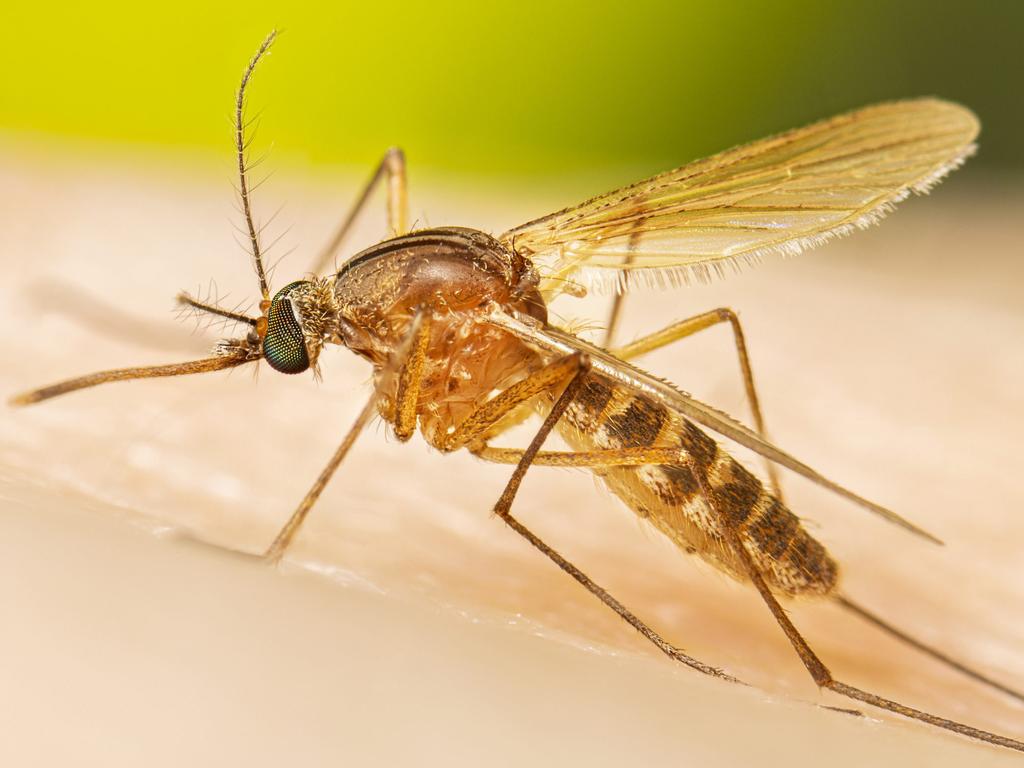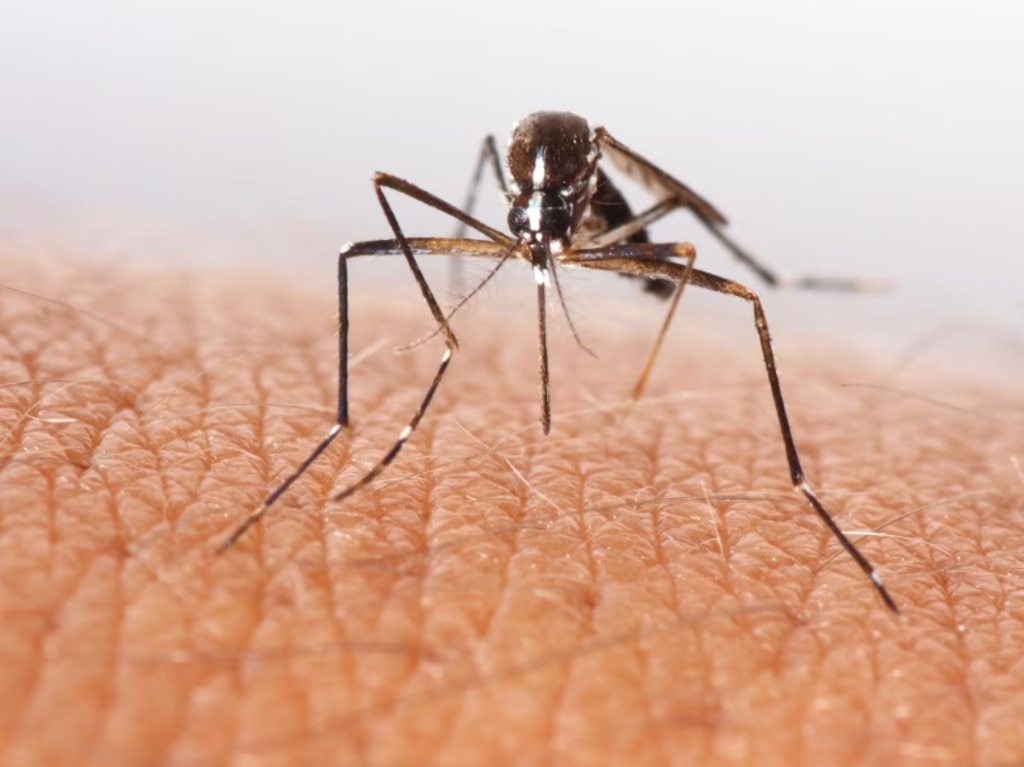Murray Valley encephalitis virus spreads through northern Western Australia
A rare but deadly mosquito-borne virus is spreading through one state, with residents and travellers warned to remain alert.
Murray Valley encephalitis virus has been detected in mosquitoes in Western Australia’s Pilbara region for the first time this year.
Residents and travellers are urged to protect themselves against mosquito bites.
It comes after a similar alert for the state’s Kimberley region.
Mosquito sampling provides an early warning for mosquito-borne virus activity, according to the WA Health Department.
Managing scientist Andrew Jardine said the recent activity was not uncommon in northern WA at this time of year.
“The Pilbara community and travellers to the area can reduce their risk of MVE by protecting themselves from mosquito bites” Dr Jardine said.
“Thankfully, we’ve not had any community members contract MVE, but it is best to remain alert.”

Symptoms include fever, drowsiness, headache, stiff neck, nausea and dizziness.
Dr Jardine urged anyone with those symptoms after a mosquito bite to seek medical attention.
“Although the risk of being infected and becoming unwell is low, the illness caused by MVE can be severe and even fatal,” he said.
“Young children might only display a fever in the first instance and parents should urgently see their doctor or local health service if their child is experiencing drowsiness, floppiness or general distress.”

To avoid mosquito bites people should:
- Avoid being outdoors at dawn and early evening;
- Wear long, loose fitting, light-coloured clothing;
- Apply an effective personal mosquito repellent;
- Ensure insect screens are installed and in good condition on houses and caravans;
- Use mosquito nets and mosquito-proof tents if sleeping outside; and
- Keep grass and other vegetation short around your home.




